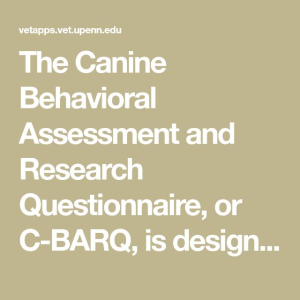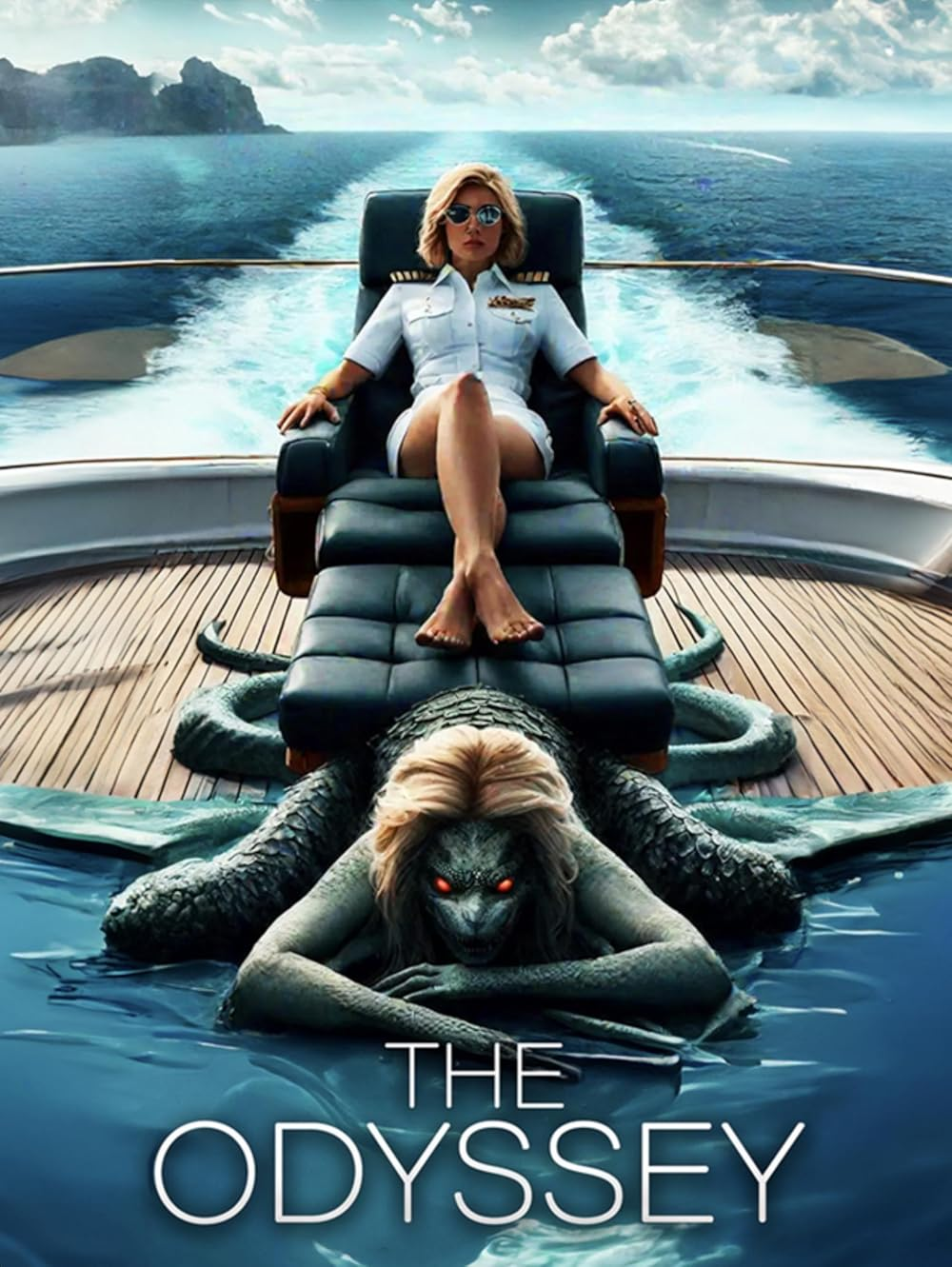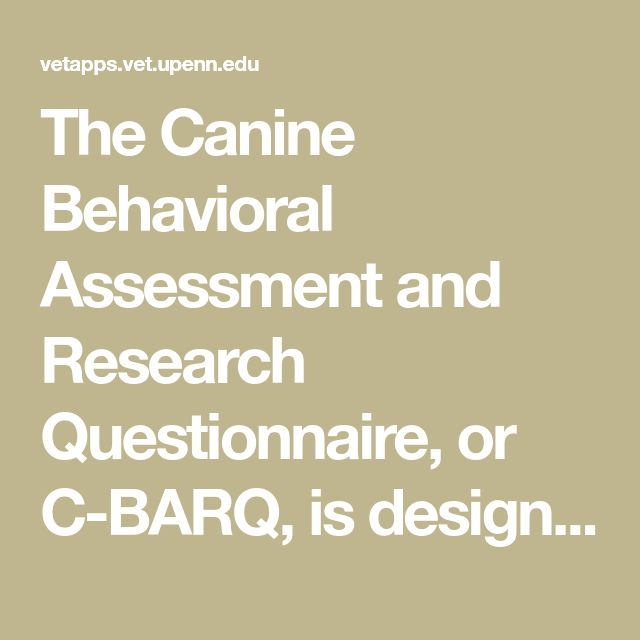‘The Odyssey’ stands as a monumental work of epic poetry, crafted by the legendary poet Homer, whose influence continues to resonate across centuries. This timeless tale chronicles the adventurous journey of Odysseus as he navigates treacherous seas, mythical creatures, and the struggles of returning to his beloved Ithaca. The characters in The Odyssey, from the clever Penelope to the vengeful suitors, enrich the narrative, making it a profound exploration of human endurance and cunning. With over 100 translations of The Odyssey available today, each version offers new interpretations that breathe life into this ancient epic. As adaptations and modern retellings revive interest in Homer’s masterpiece, the journey through its verses promises readers a chance to reflect on their own quests for identity and meaning.
Exploring the narrative and themes of ‘The Odyssey,’ one of the greatest classics of literature, reveals a rich tapestry of adventures and deep insights into the human condition. This epic poem showcases the heroic exploits of Odysseus, a figure of both cunning and complexity, while illuminating the trials faced by various characters within the tale. The tale captures the essence of a hero’s journey, filled with challenges that test character and resilience, paralleling the journeys many of us undertake in our lives. With numerous modern reimaginings and academic discussions surrounding translations of The Odyssey, readers find themselves drawn to the lessons and exploration of values present in this foundational story. Ultimately, the narrative serves as a beacon for both individual discovery and collective understanding of what it means to be human.
The Timeless Relevance of Homer’s The Odyssey
Homer’s epic poem, ‘The Odyssey’, continues to resonate with audiences across generations, illustrating profound truths about the human experience. Its themes of adventure, loyalty, and the search for identity are timeless, inviting readers to reflect on their own journeys. The poem chronicles the trials and tribulations of Odysseus as he endeavors to return home, symbolizing the universal quest for belonging and purpose.
Moreover, the rich characters in ‘The Odyssey’ offer diverse perspectives on resilience and morality. Readers are drawn not only to Odysseus’s cunning and bravery but also to the intelligence and patience of Penelope, demonstrating that strength comes in many forms. This dynamic interplay of characters enriches the narrative, propelling the relevance of ‘The Odyssey’ in modern discussions about identity and courage.
A Closer Look at Translations of The Odyssey
The array of translations available for ‘The Odyssey’ contributes significantly to its ongoing popularity. Each translation allows new generations of readers to engage with Homer’s work through the lens of contemporary language and perspective. For instance, Daniel Mendelsohn’s upcoming translation aims to make the ancient text accessible while preserving its epic qualities and poetic essence. These translations not only enhance understanding but also breathe fresh life into the characters and their journeys.
Translation serves as a bridge across time and culture, ensuring that the essence of ‘The Odyssey’ is felt by audiences who might otherwise remain distant from the original Greek. Translators like Emily Wilson and Richmond Lattimore have garnered acclaim for their unique approaches, emphasizing different elements within the text. From poetic structure to character development, these translations spark renewed interest in the narrative, making it a vital part of our literary heritage.
The Complexity of Odysseus: Hero or Trickster?
The character of Odysseus in ‘The Odyssey’ intricately blends the traits of a traditional hero and a cunning trickster, prompting readers to question the nature of heroism. His journey is not merely a physical one; it also explores the moral ambiguities that define his character. Throughout the epic, Odysseus faces formidable challenges that test his ingenuity and ethics, illustrating how his choices have both heroic and flawed implications.
His cunning nature allows him to navigate treacherous situations, yet it raises important questions about the cost of his victories. Unlike straightforward heroes, Odysseus’s complexity adds depth to the narrative, ensuring that readers grapple with themes of morality and consequence. This dynamic portrayal invites discussions about how traits considered heroic can paradoxically reflect deeper vulnerabilities and flaws, ultimately enriching the analysis of epic poetry.
Penelope: The Unsung Heroine of The Odyssey
While Odysseus embarks on a journey fraught with danger, Penelope’s steadfastness at home presents a different kind of heroism in ‘The Odyssey’. Her strategy of weaving and unweaving a tapestry symbolizes both her loyalty and the challenges she faces as she awaits her husband’s return. This portrayal challenges traditional notions of heroism, highlighting intellectual resilience as an equally potent strength.
Furthermore, Penelope’s cunning and resourcefulness shine through her interactions with suitors, showcasing her intelligence and emotional depth. Her character not only complements Odysseus but also stands strong on her own, emphasizing that the epic journey encompasses both external adventures and internal struggles. This nuanced examination of female characters in ‘The Odyssey’ reflects broader societal themes and continues to inspire discussions about the roles of women in epic narratives.
Epic Poetry: The Influence of The Odyssey on Literature
‘The Odyssey’ is not only a cornerstone of ancient Greek literature but also a significant influence on the evolution of epic poetry as a whole. Its structure, themes, and character archetypes have become foundational in shaping literary conventions. Subsequent works, from Virgil’s ‘Aeneid’ to modern retellings, borrow elements of Odyssean storytelling, signifying its importance within the literary canon.
The poem’s exploration of themes such as the hero’s journey, the struggle against fate, and the quest for personal identity transcends its time, informing countless literary works across cultures. Authors often evoke Odyssean motifs to resonate with readers, illustrating the poem’s lasting legacy in the art of storytelling. By examining ‘The Odyssey’, one can trace the evolution of narrative frameworks that continue to foster creativity and inspire writers today.
Scholarly Perspectives on Homer’s Odyssey
Academics and classicists have long been captivated by ‘The Odyssey,’ resulting in a wealth of scholarly interpretations and analyses. The poem’s depth encourages various academic discussions that examine its historical context, thematic richness, and literary techniques. Scholars like Greg Nagy highlight the intricate layers of meaning woven into the narrative, enriching our understanding of Homer’s genius and the cultural significance behind his works.
Through scholarly discourse, ‘The Odyssey’ becomes more than just a poem; it transforms into a multidimensional study of human nature, ethics, and societal values. The diverse interpretations offer fresh insights into characters and plotlines, establishing a dialogue between ancient texts and contemporary issues. This ongoing scholarly engagement fosters a deeper appreciation for Homer’s work, ensuring its relevance in modern academic discourse.
The Cultural Impact of The Odyssey in Modern Media
The legacy of ‘The Odyssey’ extends beyond literature into various forms of modern media, including film, theater, and visual arts. Recent adaptations, like Christopher Nolan’s upcoming movie, illustrate how the epic continues to capture the imagination of creators and audiences alike. Such modern interpretations reveal the timelessness of its themes while reimagining the narrative for contemporary audiences.
The cultural impact of ‘The Odyssey’ is also reflected in stage adaptations that reinterpret the classic tale through innovative performances. The American Repertory Theater’s recent production demonstrates how the epic can resonate with modern themes of identity and heroism. These retellings not only pay homage to the original but also invite new explorations of its narratives, thereby keeping the spirit of Homer’s storytelling alive.
Lessons from The Odyssey: Moral and Ethical Insights
‘The Odyssey’ serves as a timeless guide to moral and ethical dilemmas faced by individuals throughout their lives. As Odysseus struggles with temptation and the consequences of his choices, readers are confronted with essential questions about loyalty, integrity, and the complexities of human relationships. The lessons presented in the narrative encourage introspection, urging readers to consider their own paths and decisions.
The multifaceted characters in ‘The Odyssey’ embody diverse moral lessons, showcasing the impact of individual choices on community and personal destinies. The poem emphasizes that the journey is as significant as the destination, and that introspection can lead to profound personal growth. As readers engage with these moral complexities, they are inspired to navigate their own journeys with a deeper understanding of ethical values.
Engaging with The Odyssey: A Reader’s Journey
Delving into ‘The Odyssey’ requires both a willingness to engage with its intricacies and an appreciation for its beauty. The epic invites readers to join Odysseus on his journey of self-discovery, sparking curiosity about the motivations behind characters’ actions and the consequences they face. This engagement fosters a deeper connection to the text, prompting readers to reflect on their own life stories and the universal themes of growth and redemption.
Furthermore, the experience of reading ‘The Odyssey’ can be transformative, encouraging readers to question their beliefs and perceptions. Each character presents a facet of the human experience, allowing readers to explore various emotional landscapes. As they become immersed in the narrative, readers may discover new insights about themselves, reinforcing the idea that literature is not just an escape but a meaningful tool for personal exploration.
Frequently Asked Questions
What is ‘The Odyssey’ by Homer about?
‘The Odyssey’ is an epic poem attributed to Homer that recounts the adventures and trials of Odysseus as he attempts to return home to Ithaca after the Trojan War. The poem explores themes such as heroism, loyalty, and the quest for identity, illustrating the struggles Odysseus faces against mystical creatures and divine beings.
Who are the main characters in ‘The Odyssey’?
The main characters in ‘The Odyssey’ include Odysseus, the cunning hero; Penelope, his loyal wife; Telemachus, their son; and various gods and creatures such as Athena, Poseidon, and the Cyclops Polyphemus. Each character plays a crucial role in the unfolding narrative and themes of loyalty, intelligence, and resilience.
Why is Odysseus referred to as a ‘trickster’ in ‘The Odyssey’?
Odysseus is referred to as a ‘trickster’ due to his cleverness and ability to manipulate situations to his advantage. This aspect of his character allows him to navigate challenges throughout ‘The Odyssey,’ showcasing his intellect and adaptability, which are central to his journey.
What makes Emily Wilson’s translation of ‘The Odyssey’ significant?
Emily Wilson’s translation of ‘The Odyssey’ is significant as she is the first female translator to present a complete English version of the epic. Her translation is celebrated for its poetic language and accessibility, making Homer’s themes and characters more relatable to modern readers, while also retaining the original text’s depth.
How does ‘The Odyssey’ reflect the journey of the soul?
‘The Odyssey’ reflects the journey of the soul by depicting Odysseus’s physical and emotional challenges as he seeks to return home. The epic emphasizes personal growth, self-discovery, and the importance of home, inviting readers to embark on their own reflective journeys through the narrative.
What cultural significance does ‘The Odyssey’ have today?
‘The Odyssey’ has significant cultural relevance today as it continues to inspire adaptations in literature, theater, and film. Its exploration of universal themes such as perseverance and the human condition resonates with contemporary audiences, highlighting the timeless nature of Homer’s epic storytelling.
How has ‘The Odyssey’ influenced modern storytelling?
‘The Odyssey’ has influenced modern storytelling by establishing archetypal themes such as the hero’s journey, character development, and complex moral dilemmas. These elements are prevalent in current narratives across various media, establishing ‘The Odyssey’ as a foundational text in the study of literature and storytelling.
What are the key themes explored in ‘The Odyssey’?
Key themes in ‘The Odyssey’ include the struggle for identity, the importance of loyalty and perseverance, the roles of fate and free will, and the nature of heroism. These themes are intricately woven into the experiences of Odysseus and other characters, enhancing the poem’s exploration of human experience.
| Key Point | Details |
|---|---|
| Enduring Appeal | The Odyssey continues to captivate audiences with a new stage adaptation, a film by Christopher Nolan, and a fresh translation by Daniel Mendelsohn. |
| Homeric Origins | Homer’s works emerged from Greek Ionia, evolving significantly through history across two phases. |
| Favorite Translations | Among the many translations, notable ones include George Chapman’s, Emily Wilson’s (the first female translator), and Richmond Lattimore’s for accuracy. |
| Fascination with Odysseus | Odysseus is seen as a complex trickster hero who challenges societal norms and representations of heroism. |
| Character Insights | Penelope is highlighted for her intelligence, even surpassing Odysseus in some interpretations of the narrative. |
| Life Lessons | Readers can embark on their own soul journeys through the lessons and experiences depicted in the epic. |
Summary
The Odyssey has maintained its relevance across millennia, captivating readers and audiences through its complex narratives and rich characterizations. This timeless epic, filled with the themes of adventure, cunning, and the journey of the soul, continues to inspire adaptations and interpretations, ensuring that Homer’s work remains a vital part of our cultural discourse. As new translations emerge and modern adaptations are created, the enduring legacy of The Odyssey showcases its universal themes of human experience and the quest for understanding.









